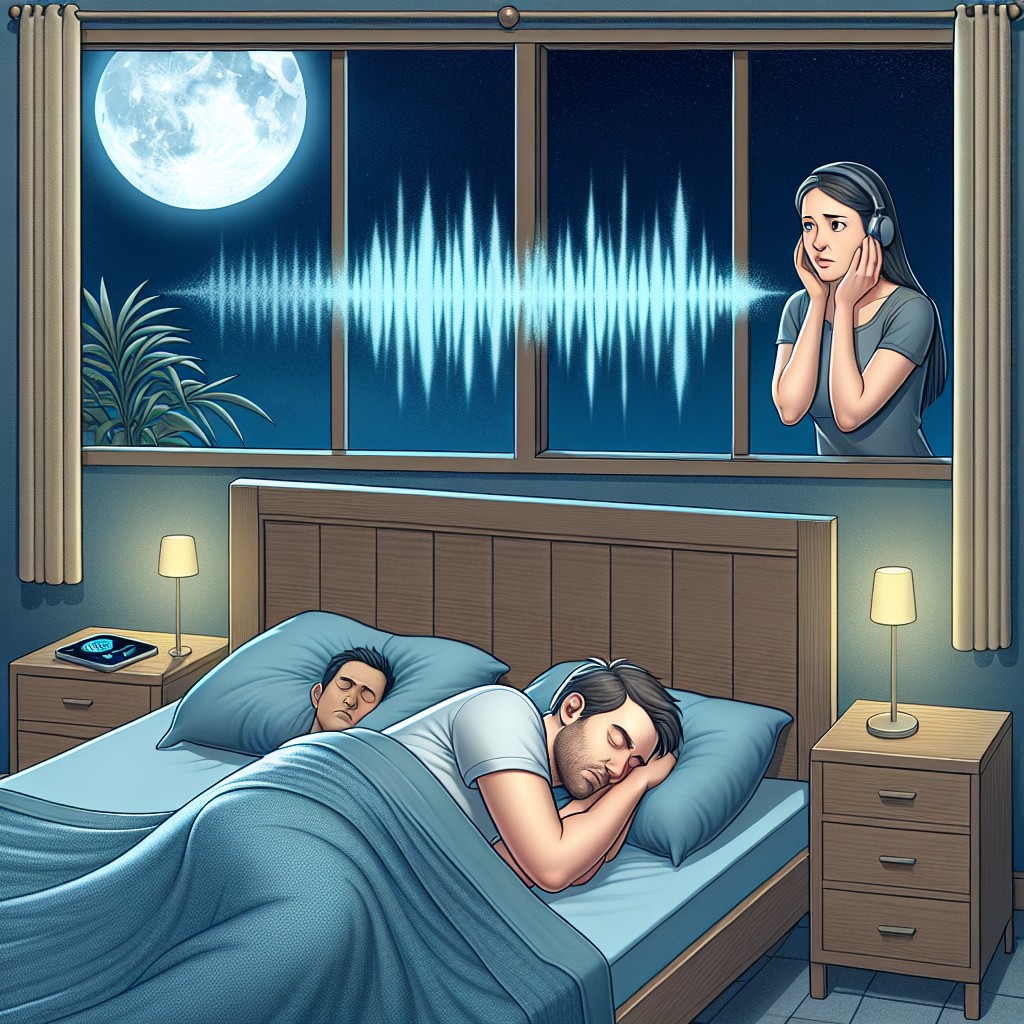Snoring is a common issue that affects millions of people worldwide. It is the hoarse or harsh sound that occurs when air flows past relaxed tissues in the throat, causing them to vibrate during sleep. While snoring may seem harmless, it can have significant implications on sleep quality and overall health.
Snoring can disrupt both the snorer's sleep and their partner's sleep. The loud noise can lead to frequent awakenings, resulting in fragmented sleep patterns and decreased sleep quality. Over time, chronic snoring can contribute to daytime fatigue, irritability, and difficulty concentrating.
Several factors can contribute to snoring, including obesity, nasal congestion, alcohol consumption, sleeping position, and sleep apnea. Understanding the underlying causes is crucial in finding appropriate remedies.
One of the most common causes of snoring is obesity. Excess weight leads to the accumulation of fatty tissues around the neck and throat, narrowing the airways and making snoring more likely. Losing weight through a combination of healthy eating and regular exercise can significantly reduce snoring frequency.
Nasal congestion, often caused by allergies or colds, can also contribute to snoring. Inflamed nasal passages restrict airflow, forcing the individual to breathe through their mouth, which can result in snoring. Using nasal decongestants, humidifiers, or nasal strips may help alleviate congestion and reduce snoring.
Alcohol consumption before bedtime is another common trigger for snoring. Alcohol relaxes the muscles in the throat, causing them to collapse and obstruct the airway during sleep. Limiting or avoiding alcohol intake, especially in the evening, can help minimize snoring.
Sleeping position plays a vital role in snoring. Sleeping on the back allows the tongue and soft tissues to fall back and block the airway. Encouraging side sleeping by using pillows or specialized devices can promote better airflow and reduce snoring.
In some cases, snoring may be a symptom of a more serious condition called sleep apnea. Sleep apnea is characterized by pauses in breathing during sleep, often accompanied by loud snoring and gasping for air. If sleep apnea is suspected, a sleep study should be conducted to determine the appropriate treatment, which may involve continuous positive airway pressure (CPAP) therapy or oral devices.
In addition to lifestyle modifications, various anti-snoring devices are available to alleviate snoring. These include mandibular advancement devices (MADs), tongue stabilizing devices (TSDs), and nasal dilators. These devices work by repositioning the jaw or tongue, opening the airway, and improving airflow during sleep.
In conclusion, snoring can have a significant impact on sleep quality and overall well-being. Understanding the underlying causes is essential in finding effective remedies. By addressing factors such as obesity, nasal congestion, alcohol consumption, and sleep position, individuals can take proactive steps to reduce snoring frequency and improve their sleep. If snoring persists or is accompanied by other symptoms, it is important to consult a healthcare professional for further evaluation and guidance.

Share This Article
More Articles You Might Like
Discover More Content
Explore our collection of articles across various topics and categories. From cutting-edge technology insights to wellness wisdom, we curate the best stories to expand your horizons.
Article ID: 363